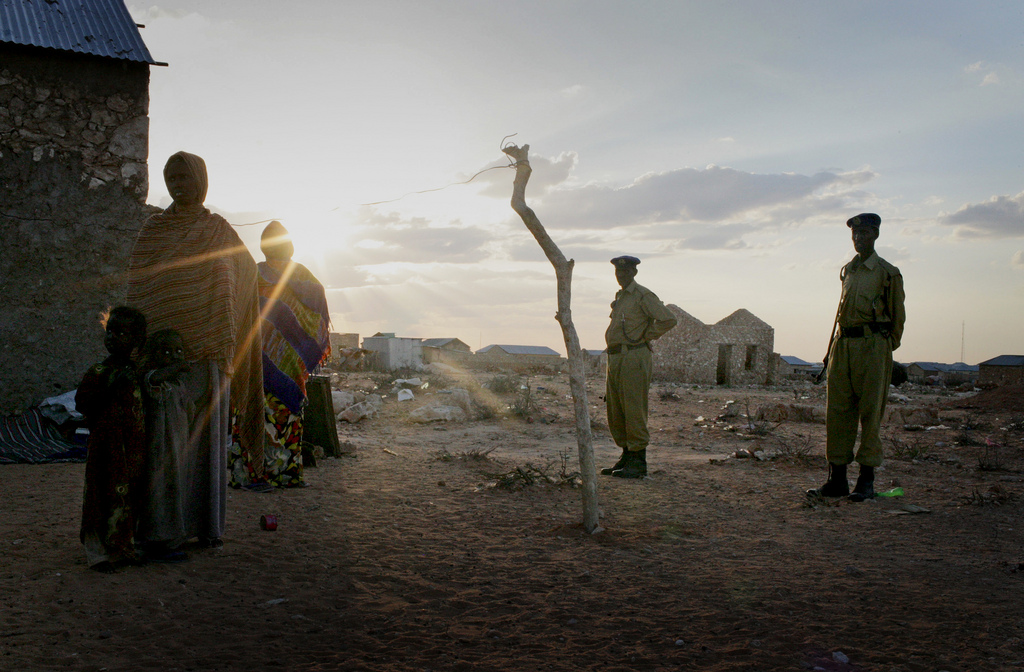Corruption continues to flourish in Africa because of small and selfish elites whose interests are served by such fraudulent dealings. In Africa there is no accountability in the public sector, there are no checks and balances to restrain the various governments and – more importantly – there is a severe shortage of visionary leaders.
To be sure, there are in various mechanisms intended to hold the government and individuals to account — such as the Auditor General, the parliamentary public accounts committees, and the judiciary — but these institutions have been consistently demonstrated to be weak and ineffective in the face of high-level corruption. They are like the spider’s web which catches only the small insects but are woefully inadequate when it comes to bigger ones.
The problem is the constant refusal to look at the problem in its historical context. The culture of impunity did not just appear; it has roots in colonialism, where political and administrative institutions were set up to facilitate the exploitation of the continent and its people. Native African chiefs who looked after their peoples’ interests were routinely deposed and replaced by those more willing to implement colonial policy. Virtually all African countries are now independent but the aims of these institutions remain unchanged. There is therefore little chance that such predatory states can take a principled stand against corruption.
What’s more, the ruling classes are beneficiaries of the old colonial culture of impunity and dependency, and therefore lack vision and a developmental consciousness. Instead of facilitating cohesiveness, they mobilize support on the basis of tribe or religion and thereby promote the culture of “it’s our turn to eat.”
Barack Obama, the U.S. president, has said that corruption denies Kenya 250,000 jobs every year. Now Muhammadu Buhari, the president of Nigeria, has appointed a committee to make recommendations on how to tackle the same vice. The committee will no doubt write a beautiful report but, I am sure, it will be shelved and allowed to gather dust.
Opinion by Nicholas Okumu

